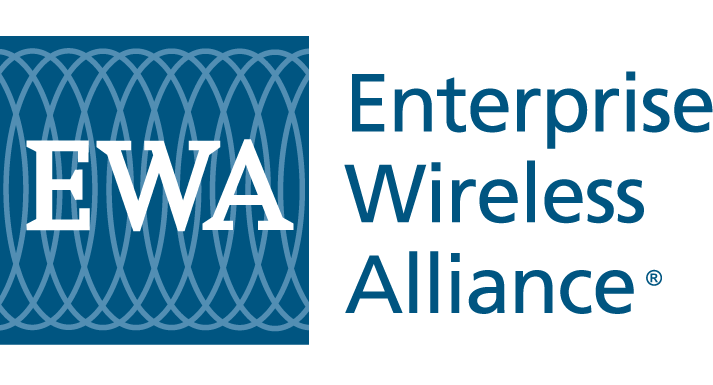Bristol-Myers Squibb Waiver Promotes Effective Spectrum Sharing
The Enterprise Wireless Alliance (EWA) filed supporting comments in response to a Waiver Request filed by Bristol-Myers Squibb Company to use UHF channels designated for Airport Terminal Use (ATU) at five of their plants in New Jersey and Connecticut. EWA had previously recommended use of these channels after determining that there were no other Industrial/Business (I/B) Pool channels that could be coordinated for centralized trunked FB8 status inside the Company’s campus facilities. The ATU channels are reserved within 16 kilometers of several hundred large and small airports for use by entities providing commercial air transportation services in connection with servicing and supplying aircraft. They are available on a secondary basis to other I/B entities at locations between 16 and 80 kilometers from the designated airports if limited to the confines of an industrial complex or manufacturing yard and operated with a maximum effective radiated power (ERP) of 10 watts.
Three of the Company’s proposed plants are located within 16 kilometers of Trenton Mercer Airport and are between 16 and 80 kilometers from other airports. Two other plants are more than 16, but less than 80 kilometers from multiple airports. While the proposed operations meets both the industrial complex and power levels prescribed in the rules, a waiver is needed to allow Bristol-Myers to operate sites closer than 16 kilometers from Trenton Mercer Airport and to authorize it for primary FB8 status at all five facilities.
EWA generated the required contour analyses to confirm that Bristol-Myers’ proposed use can be approved for FB8/MO8 status, as the contours of these facilities satisfy the protection criteria in FCC Rule Section 90.187, specifically, that there is no service or interference contour overlap between Bristol-Myers sites and those of any ATU co-channel licensees. EWA also noted that “grant of the waiver requested by the Company would not undermine the purpose of designating UHF channels for ATU operations, as there appears to be a healthy supply of channels still available should an existing or new ATU-eligible entity identify a need for spectrum at any of those airports … and would unquestionably serve the public interest in ensuring that the operations at the Company’s plants can be conducted in a secure and efficient manner.”
About the Enterprise Wireless Alliance
EWA is an FCC-certified frequency advisory committee that provides license preparation, spectrum management and associated services to business enterprises, private carriers, public safety entities and wireless sales and service organizations. Membership within EWA is open to users of wireless communications systems, vendors, system operators and service organizations. Additional information about membership and services is available at www.enterprisewireless.org.
